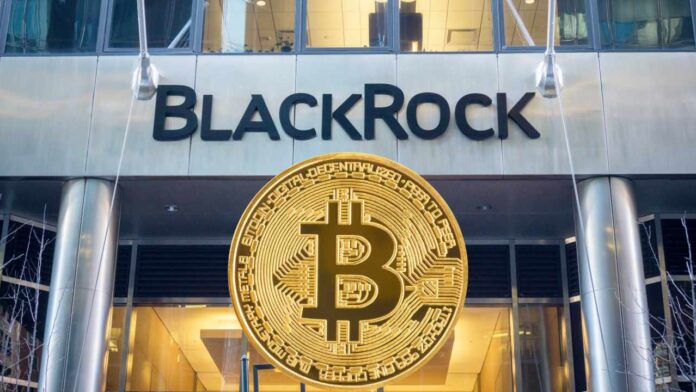BlackRock, the world’s largest asset manager, recently unveiled a digital liquidity fund, marking a significant step towards asset tokenization. This move is not just a new venture for BlackRock but a signal of the evolving financial landscape where digital assets are gaining mainstream acceptance. The fund aims to revolutionize the way assets are handled, offering instantaneous settlements and improved transparency, which could redefine the mechanics of financial transactions globally.
Asset tokenization, the process of converting rights to an asset into a digital token on a blockchain, offers a myriad of benefits, including increased liquidity, fractional ownership, and reduced transaction times and costs. By tokenizing assets, BlackRock is setting the stage for a future where financial operations are more efficient, inclusive, and transparent. The digital liquidity fund is expected to facilitate real-time trading, with blockchain technology ensuring secure and transparent transactions.
The move by BlackRock is reflective of a broader shift in the financial sector towards embracing blockchain and digital currencies. This shift is driven by the demand for more efficient financial services and the growing recognition of blockchain’s potential to provide them. Tokenization allows for a more integrated financial system, where traditional assets can be traded with the same ease as cryptocurrencies.
Critics and proponents alike are watching closely, as the success of BlackRock’s digital liquidity fund could encourage other financial institutions to explore asset tokenization. This would further legitimize the use of blockchain in traditional finance and potentially lead to a more widespread adoption of digital assets.
The launch of the fund comes at a time when the financial industry is grappling with the need for more innovation to meet the evolving demands of investors and consumers. The traditional financial infrastructure, often seen as slow and cumbersome, is being challenged by the rise of digital finance, which promises greater efficiency and accessibility. BlackRock’s initiative is a response to this challenge, offering a glimpse into a future where digital and traditional finance coexist and complement each other.
The implications of BlackRock’s move extend beyond the financial sector. If successful, it could pave the way for a broader application of blockchain technology, affecting various sectors including real estate, art, and commodities. The potential for tokenization to transform the global economy is vast, with the ability to democratize access to investments and streamline cross-border transactions.
However, the journey towards a fully tokenized world is not without challenges. Regulatory and compliance issues, technology integration, and market acceptance are significant hurdles that need to be addressed. The regulatory environment, in particular, is a critical factor that could determine the pace and scope of adoption of asset tokenization. Authorities around the world are still grappling with how to regulate digital assets, and the entrance of major players like BlackRock into the tokenization space will likely influence the regulatory landscape.
BlackRock’s digital liquidity fund is more than an innovative financial product; it is a testament to the growing intersection between traditional finance and blockchain technology. As the fund begins to operate, it will provide valuable insights into the practicalities of asset tokenization and its impact on the financial ecosystem. The industry will be watching to see how BlackRock navigates the challenges and opportunities of this new frontier.
BlackRock’s foray into asset tokenization with its digital liquidity fund represents a crucial development in the financial industry. It signifies a shift towards a more integrated, efficient, and transparent financial system powered by blockchain technology. As the world watches, the success of this initiative could herald a new era in finance, where tokenization plays a central role in shaping the future of economic transactions.


